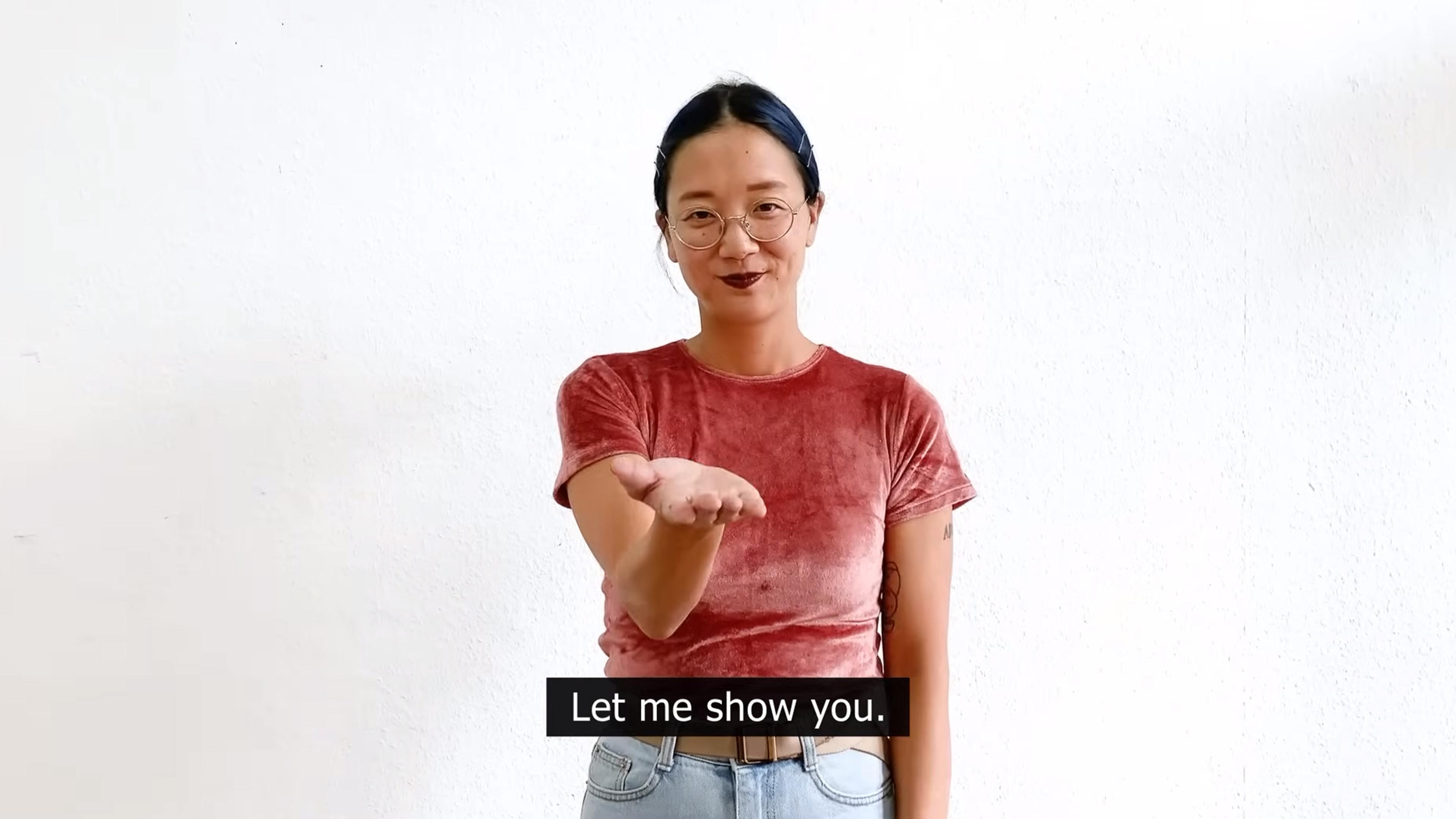Why are witchcraft accusations so common across human societies?
Beliefs in and the policing of witchcraft have been common throughout human history. But why? Many anthropologists believe that a fear of witchcraft accusations can help enforce social cohesion, but this theory has rarely been put to the test. In 2012, a group of researchers from the UK and China set out to map witchcraft accusations in a small farming village in rural China to investigate how these labels affected cooperation and conflict. This brief animation explores the results of their pioneering study, which was published in Nature Human Behaviour in 2018. Ultimately, the team found that witchcraft labels in the community didn’t indicate antisocial behaviour. Rather, the researchers posit, such accusations may have arisen as a means of damaging sexual rivals.
Video by Nature
Producer: Rodolph Schlaepfer

video
Animals and humans
Why be dragons? How massive, reptilian beasts entered our collective imagination
58 minutes

video
Rituals and celebrations
Flirtation, negotiation and vodka – or how to couple up in 1950s rural Poland
5 minutes

video
Technology and the self
In the town once named Asbestos, locals ponder the voids industry left in its wake
16 minutes

video
Biology
How the world’s richest reds are derived from an innocuous Mexican insect
5 minutes

video
Cities
A lush, whirlwind tribute to the diversity of life in a northern English county
3 minutes

video
Stories and literature
Robert Frost’s poetic reflection on youth, as read in his unforgettable baritone
5 minutes

video
Sex and sexuality
After a sextortion scam, Eugene conducts an unblushing survey of masturbation
14 minutes

video
Film and visual culture
‘Bags here are rarely innocent’ – how filmmakers work around censorship in Iran
8 minutes

video
Language and linguistics
Closed captions suck. Here’s one artist’s inventive project to make them better
8 minutes